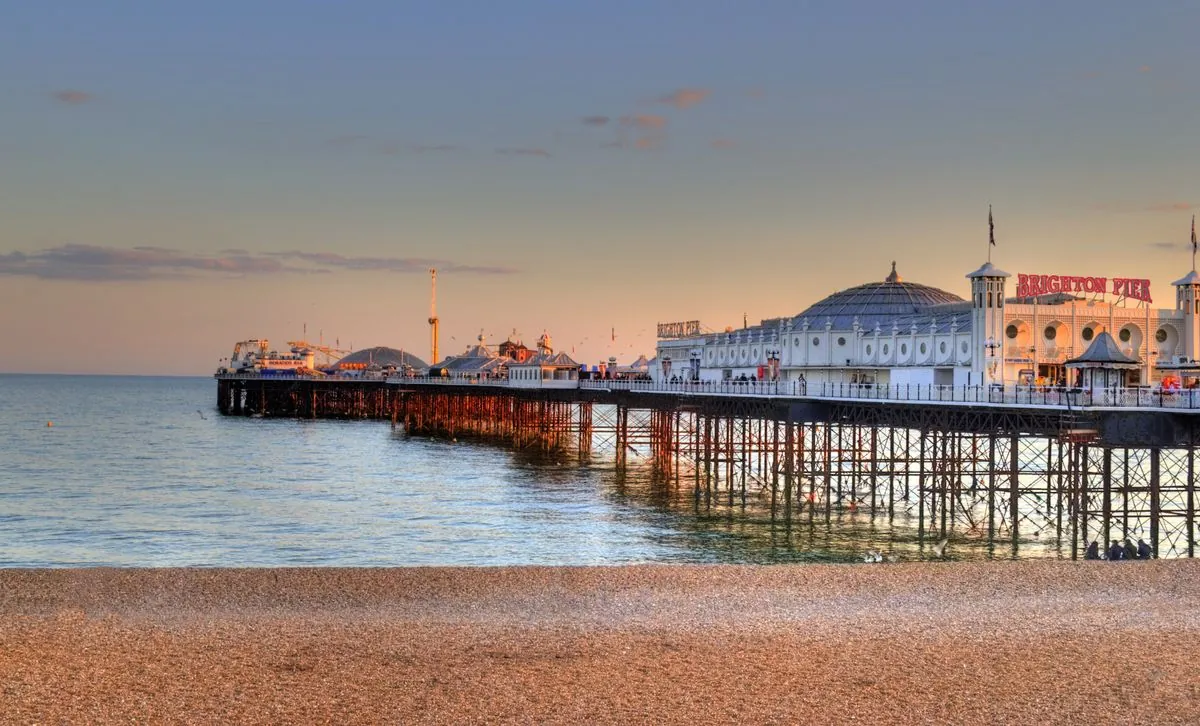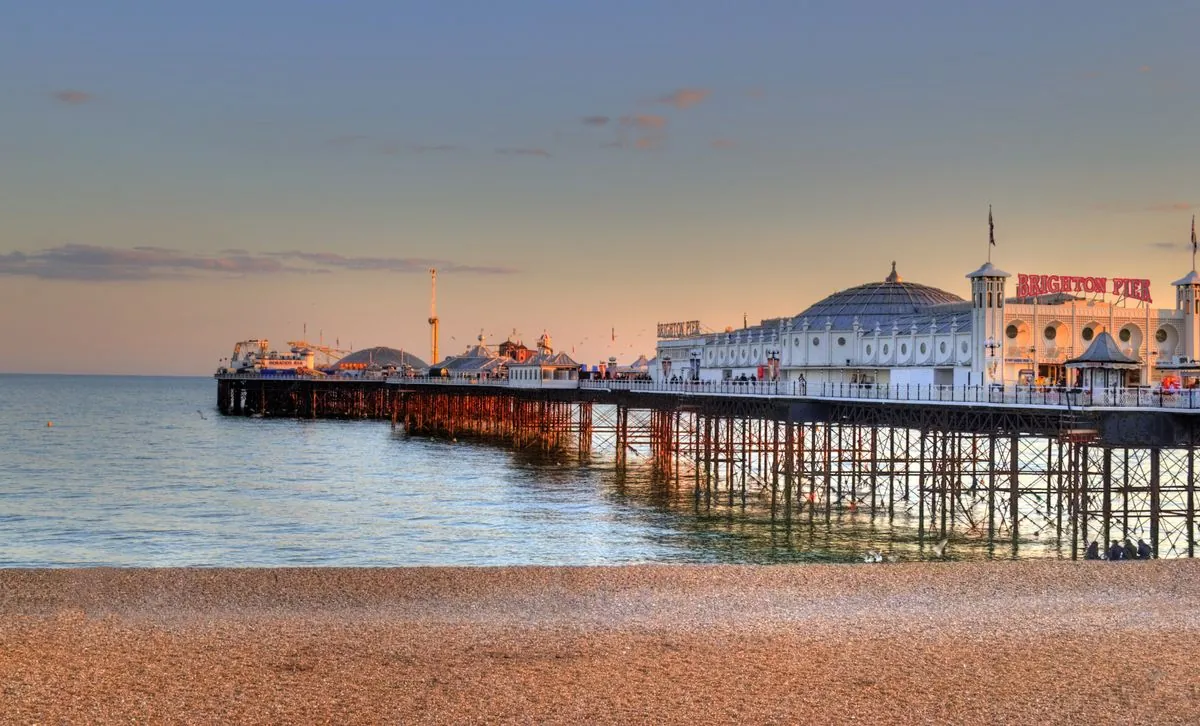Brighton Slashes Parking Fees to Revive Tourism and Local Economy
Brighton reverses high parking charges implemented by previous Green administration. Labour-led council aims to boost visitor numbers and support local businesses with reduced fees.

Brighton, the vibrant seaside resort on England's south coast, is making a significant shift in its parking policy to reinvigorate its tourism sector and local economy. The Labour-led Brighton and Hove City Council has announced a reduction in car parking charges, reversing the previous Green Party administration's high-fee strategy.
The city, known for its diverse communities and thriving cultural scene, had seen parking fees soar to £33.50 per day under the Green Party's leadership from July 2020 to May 2023. This approach, aimed at creating a "car-free" city, has now been acknowledged as detrimental to the local tourist industry.
Trevor Muten, the council's cabinet member for transport, stated, "We have more than 200 different permit tariffs and the demand for parking has rippled from the city centre to outlying areas of the city. We need to change." A recent review revealed a projected £1.16 million shortfall in parking revenue by April 2025, highlighting the urgency of the situation.

The decision to reduce parking fees comes as a relief to many local businesses, particularly those in the night-time economy. Brighton, often referred to as the UK's "hippest city" and home to the largest annual pride carnival in the country, relies heavily on its vibrant entertainment scene and tourist attractions.
"Parking revenue has been falling and the council has a reputation for being anti-car. We hope resident permit holders also get a reduction in their fees and this city starts to be car-friendly, which also means family and disabled-friendly."
The council plans to reduce rates at key car parks, including The Lanes, Regency Square, and London Road. One-hour and evening tariffs will also be lowered to support the night-time economy and encourage use of under-utilized car parks.
Brighton's parking policy shift contrasts with trends in other UK cities. For instance, in London, boroughs like Southwark and Lambeth have increased parking charges to discourage car use. Lambeth raised diesel engine permit fees to £140 in May 2023, aiming for a "diesel-free" borough.
While the parking fee reduction is welcomed by many, some express caution. Alistair McNair warned, "This parking charge reduction, while welcome, is a gamble as revenue could fall further because the city's reputation has been tarnished for years."
Brighton's unique charm, from its pebble beaches to iconic landmarks like the Royal Pavilion and Brighton Pier, has made it a popular destination since the 18th century. The city's rich history includes being home to the oldest operating electric railway in the world, Volk's Electric Railway, opened in 1883.
As Brighton adapts its parking strategy, it aims to balance its commitment to sustainability with the need to support local businesses and maintain its status as a premier tourist destination. The success of this policy shift could have significant implications for other cities grappling with similar challenges in urban planning and economic development.


































